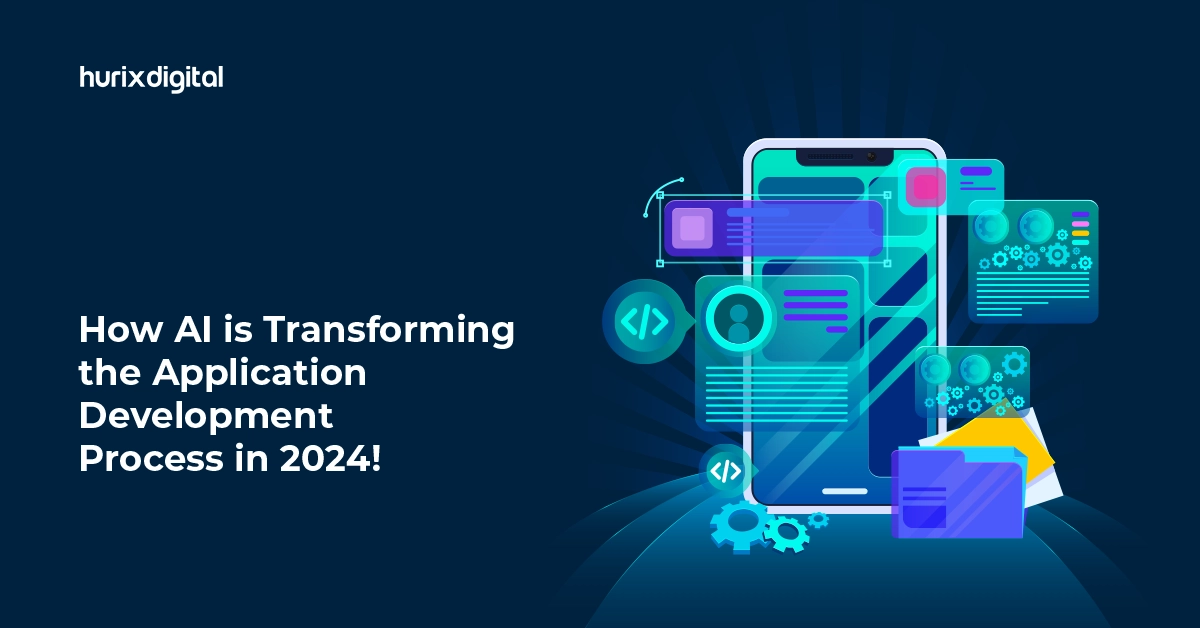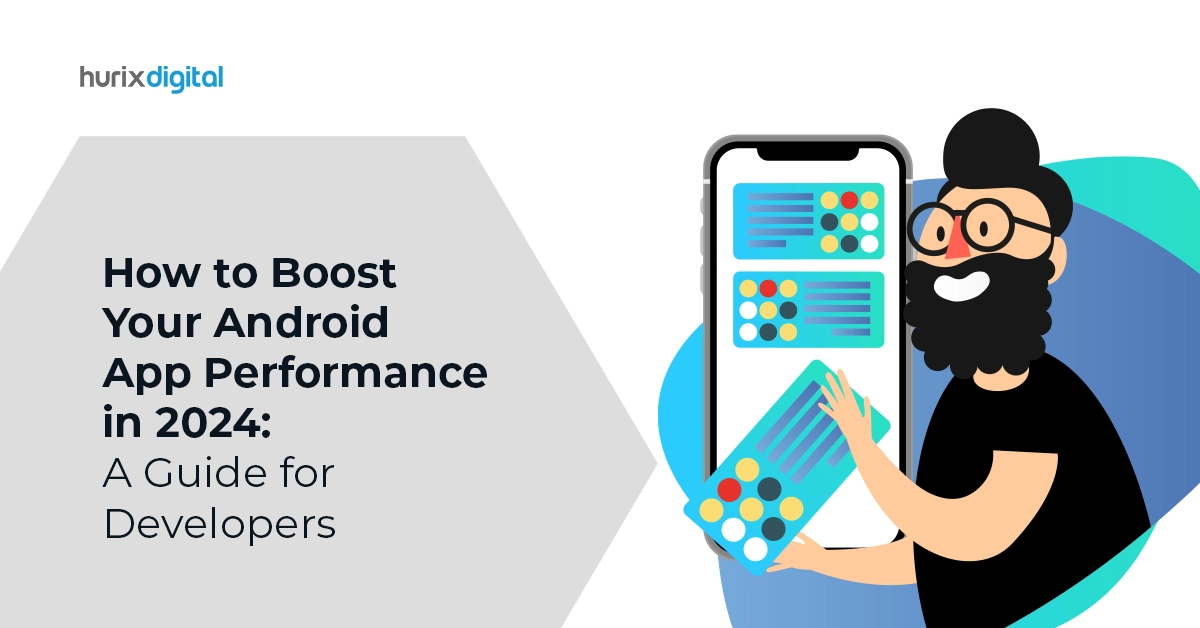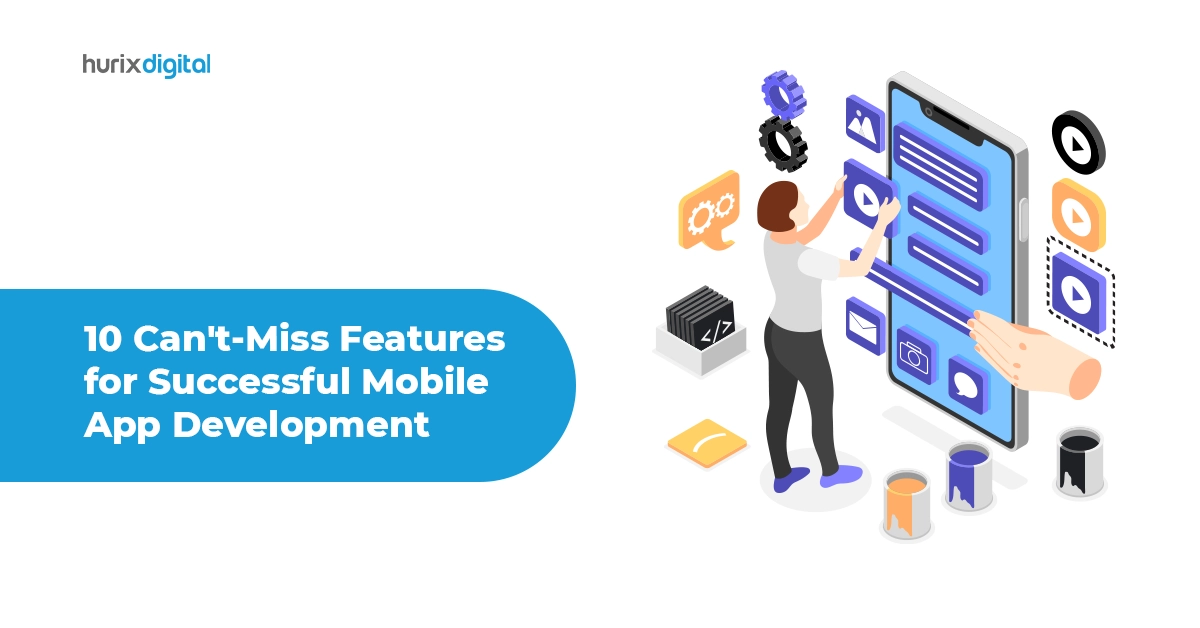Summary
This article discusses the 5 Android app development fundamentals that beginners must know. It is important to know these fundamentals in order to create great Android apps for your business.
When you woke up in the morning today, what was the first thing you did? You probably reached for your mobile phone and opened your favorite app (or your email app). Mobile applications have assumed a central role of importance in the daily lives of people today.
It is evident in the numbers – data shows that there were 255 billion app downloads in 2022. With apps in such rampant use across the globe, how do you ensure that the quality of the mobile app your business launches is better than others?
For starters, you should ensure that your in-house app developers know the fundamentals of creating a great mobile application. Android app development may look straightforward; however, getting the basics right makes all the difference.
Let’s take a look at Android development and the five fundamentals that matter most.
Table of Contents:
5 Android App Development Fundamentals for Beginners
Whether you are part of an educational institution or a corporation, it is essential to understand that it is the apps that make a phone “smart” and help you connect with the users.
To find programmers that are worth their salt, look for the 5 fundamental skills listed below when you screen them.
1. Language Mastery
An individual who does not understand English grammar cannot speak English well. The same concept applies to the languages used for Android software development.
The degree of mastery over the common languages used for Android app development determines how good or exceptional the output will be. Developers most popularly use Java and XML to write code for Android apps.
The programmers must be familiar with the fundamentals of these two languages:
- Objects and classes
- Collections
- Inheritance and interfaces
- Packages
- Concurrency
Knowing how these tools can be used to write clean, comprehensible code will help you design and create applications that are glitch-free and highly performant, as well.
2. Selection of the Right Application Development Tools and Environment
Beginners need to have a thorough understanding of the tools they can use to facilitate Android app development.
For example, they should know about IDEs – Integrated Development Environments – and how they can be customized or leveraged to suit the development process.
Additionally, developers should have a good know-how of working with source control tools. This is a non-negotiable fundamental skill because this helps keep a code trackable.
Source control tools allow the developers to keep track of all the changes that have been applied to the app code. In this manner, a good/bad change can easily be tracked to the source and modified.
This helps reduce the time of development.
Also Read: What is Mobile Application Development? A Comprehensive Overview
3. Working with App Components
Much like words are the building blocks of any language, components are the building blocks of an Android app development process. Each component has its role to play in the app development process – they can be either independent or dependent.
Beginners seeking to develop Android applications should know how to work with these five basic types of components:
- Activities: A component that represents a UI (single-screen)
- Services: A component that performs background work for remote processes
- Content providers: A component that manages shared data between files, web, and database
- Broadcast receivers: A component that responds to pan-system announcements
- Activating components: Also known as “Intent,” it binds individual components at runtime.
4. Knowledge of Fragmentations, Android Applications, Threads, Loaders, and Tasks
Considering the market of Android applications, there are countless devices and operating systems that have been fashioned as a brand-only aspect.
Given that fact, Android app development would need frequent tweaks and upgrades to allow a smooth user experience across all devices, regardless of the OS version it has been downloaded.
The app developers need to know how to ensure that the threads are never blocked. This allows for a smooth operation in computations I/O network and enables them to run asynchronously in the background.
Knowing how to work with Java concurrencies helps facilitate a better user experience by delivering smooth outputs.
5. Making the Right Choice over Needed Tools
App developers don’t need many tools to write robust code that results in an exceptional app. A few key tools, like a good computer, Linux, an IDE, the ADT plugin, and Android SDK, are enough to develop an Android app.
Some beginners may get confused by the plethora of tools, catalysts, and facilitators available on the market. However, it is important to focus more on meeting the needs rather than wanting the latest tools.
Bonus Tip
If Android developers focus on the three key aspects of app development below, the job becomes easier:
- The app should respond to user input within 5 seconds of input to prevent ANR prompt (App Not Responding).
- Users will notice app lags that are longer than 100 ms.
- Apps should not abuse the wake-locks (a kind of override that makes a user’s phone bypass defaults to let the app do its thing.) It drains the battery.
Also Read: How to Build a Native App for e-Learning
Wrapping Up
Android software development is more about leveraging the right concepts, practices, tools, and teams rather than stocking up on the latest technologies. As such, the key factor in determining the success of an Android app is the skill level of those who write the code.
A strong foundation is the cornerstone of writing code that is clean, responsive, and has minimum errors. To enable your business to create robust apps, Hurix Digital provides expert Android app development services with a focus on seamless design and functionality.
Develop, automate, and test Android apps that are scalable, responsive, and cost-efficient with Hurix Digital. Talk to us today to understand how our DevOps can assist your business.











